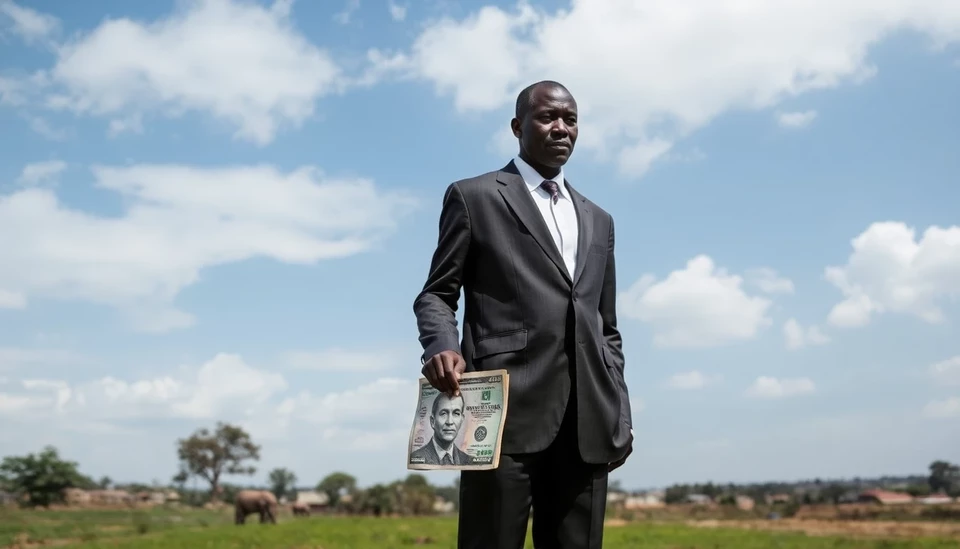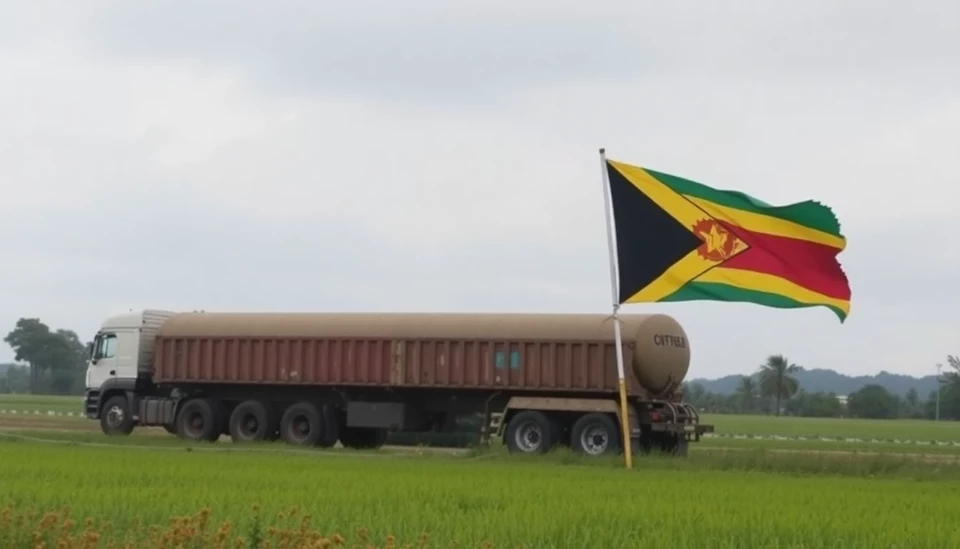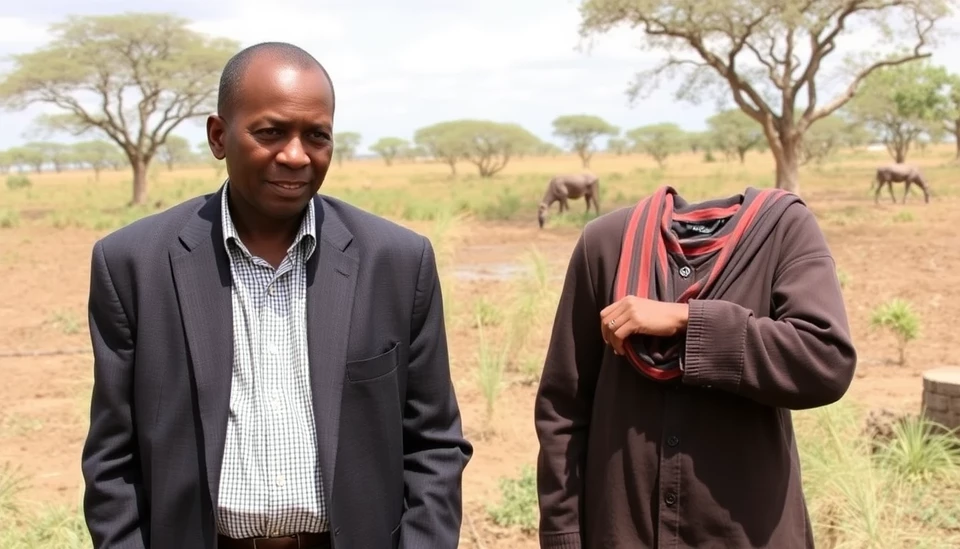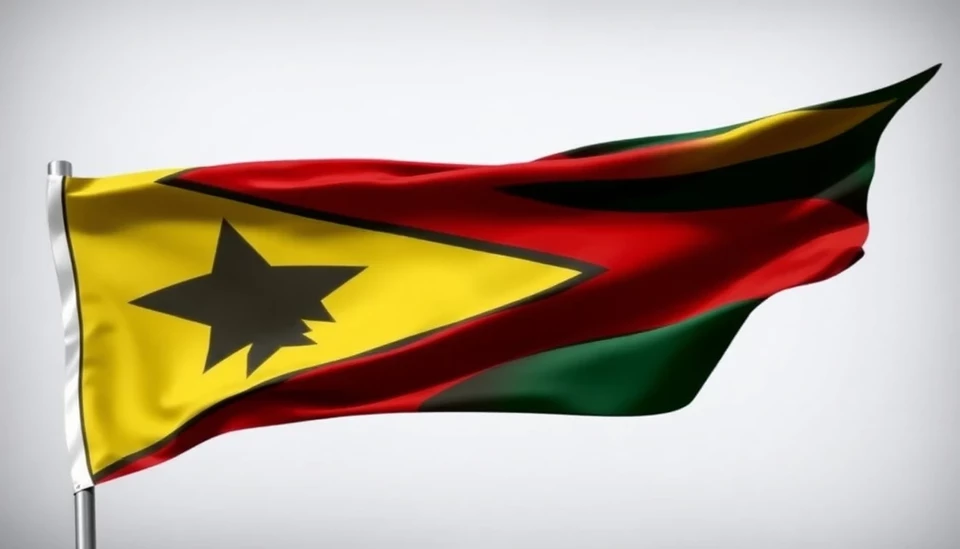
In a dramatic turn of events, Zimbabwe has witnessed a staggering 43% devaluation of its local currency, the Zimbabwean dollar, against the US dollar, exacerbating the nation’s ongoing inflation crisis. This significant drop has raised alarm bells among economic analysts and citizens alike, who are already grappling with the repercussions of soaring prices. The implications of this devaluation extend far beyond mere currency fluctuations, as they threaten to deepen the already pressing economic challenges faced by many Zimbabweans.
As reported by financial experts, the devaluation occurred as the Reserve Bank of Zimbabwe (RBZ) sought to address persistent discrepancies in the foreign exchange market. However, the measures taken have not only failed to stabilize the currency but have also led to a further increase in inflation rates, significantly impacting the livelihoods of everyday citizens. The widespread frustration is evident as staple goods continue to skyrocket in price, leaving many struggling to make ends meet.
With the nation already experiencing severe economic distress, the latest inflation figures have painted a grim picture. In October alone, inflation surged to alarming new heights, underscoring the urgent need for reforms and financial stability. Economists fear that the unstable currency may lead to higher import costs, which are likely to be transferred to consumers, resulting in a vicious cycle of inflationary pressures.
In response to this crisis, both governmental and non-governmental organizations are calling for immediate intervention. With food security at risk and many basic necessities becoming increasingly unaffordable, Zimbabwe is on the brink of a humanitarian crisis. Social unrest could potentially follow if the situation does not improve, as public confidence in the government and monetary policy continues to wane.
The future remains uncertain as policymakers scramble to formulate strategies that could restore stability. Many are looking toward international partnerships and financial assistance to help navigate through this turbulent period. However, trust in the fiscal management of the country is at its lowest point, and rebuilding that trust will be no easy feat.
As this situation develops, the global community watches closely, recognizing that the outcome in Zimbabwe could serve as a bellwether for other nations struggling with similar economic issues.
In summary, the drastic devaluation of the Zimbabwean dollar is not merely an economic statistic; it is a reflection of the day-to-day struggles of millions of people. Immediate action is necessary to address the critical economic challenges ahead, and the demand for solutions has never been more pronounced.
#Zimbabwe #Economy #Inflation #CurrencyDevaluation #RBZ #FinancialCrisis #EconomicStability
Author: Rachel Greene




